
This logo isn't an ad or affiliate link. It's an organization that shares in our mission, and empowered the authors to share their insights in Byte form.
Rumie vets Bytes for compliance with our
Standards.
The organization is responsible for the completeness and reliability of the content.
Learn more
about how Rumie works with partners.
Research is the foundation of knowledge, but analysis gives it wings.
— Dr. Debasish Mridha, author & physician
Certain research skills are universally valuable in almost any professional job. These skills help you gather, evaluate, apply, and communicate information effectively.

Knowing how to conduct research and analyze data is one sure way to rise from newbie to expert in the workplace!
1. Gathering Information
The ability to search for and locate relevant information quickly is important.
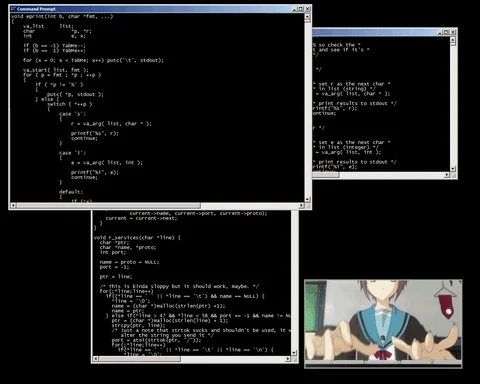
This includes using search engines and databases, as well as surveys and observations to find the data needed for your work.
Example
 A marketing associate is researching market trends for a new product launch. They use online databases, industry reports, and social media analytics tools to gather data on consumer preferences, competitor strategies, and emerging trends in the target market.
A marketing associate is researching market trends for a new product launch. They use online databases, industry reports, and social media analytics tools to gather data on consumer preferences, competitor strategies, and emerging trends in the target market.
Level Up Your Research Skills
Find a specialized database for your field and learn how to use it.
Learn how to use Boolean operators (AND, OR, NOT) to refine your searches.
2. Assessing Sources
Being able to evaluate the credibility, reliability, and relevance of sources is essential.

This vital research skill helps you avoid using inaccurate or biased information in your work.
Example

As a journalist, you're writing an article about a controversial topic. You evaluate sources, checking their reputation, independence, and the quality of their research to make sure you're presenting a balanced and accurate story to your readers.
Level Up Your Research Skills
Use fact-checking websites to verify information like Snopes or FactCheck.org
Lean on experts and colleagues who can share their insights.
Did you know?
If you need to assess a source, try the CRAAP test.
3. Evaluating Information
In an increasingly data-rich world, understanding data collection, analysis, and interpretation matters more than ever when it comes to your research skills.
 Photo by Campaign Creators on Unsplash
Photo by Campaign Creators on UnsplashData literacy and critical thinking skills are key to success.
Together, these research skills make it possible for you to collect and analyze data, make informed decisions, and communicate findings effectively.
Example
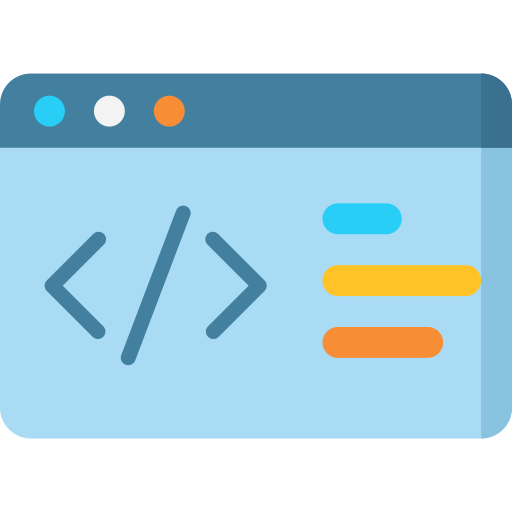 A software developer encounters a challenging bug in a software code. The developer systematically analyzes the problem, reviews relevant documentation, and brainstorms with colleagues to identify the cause and implement a solution.
A software developer encounters a challenging bug in a software code. The developer systematically analyzes the problem, reviews relevant documentation, and brainstorms with colleagues to identify the cause and implement a solution.
Level Up Your Research Skills

4. Making Informed Decisions
Making data-driven decisions is a sure way to be more effective at your job.
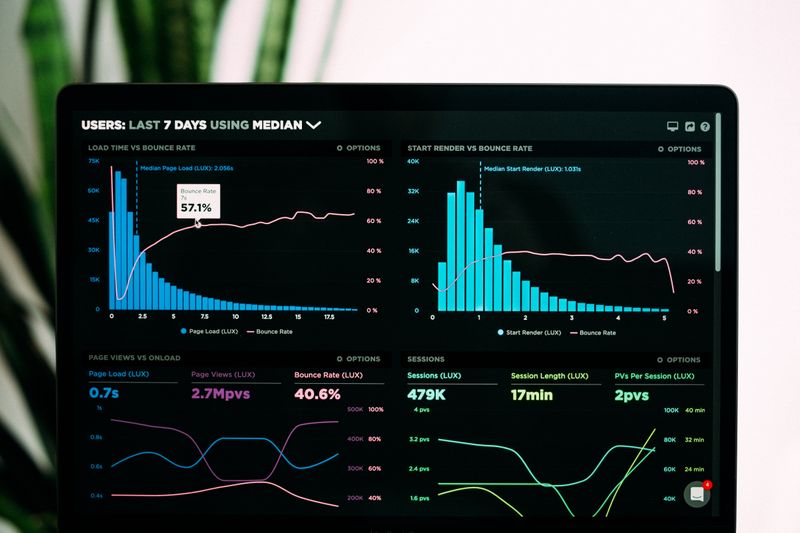 Photo by Luke Chesser on Unsplash
Photo by Luke Chesser on UnsplashUsing data to inform your next steps will help you make more confident decisions.
Example
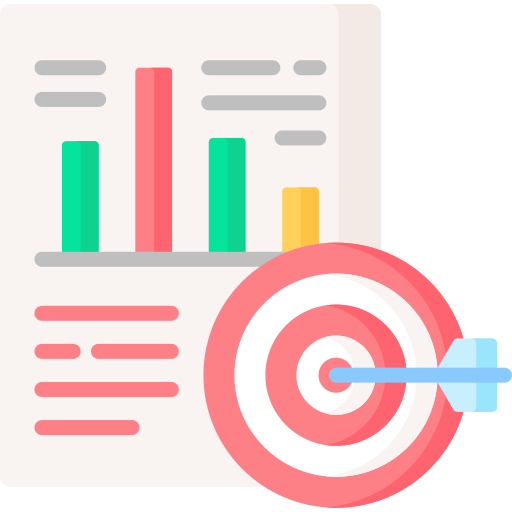
A junior financial analyst is creating financial reports for a quarterly board meeting. They gather financial data from multiple sources, use Excel to analyze the data, and create visualizations to present key insights about the company's performance to senior management.
Level Up Your Research Skills

Read real-world examples of data-driven decision-making in your field.
Learn from your successes and failures, and refine your approach.
Did you know?
Statistics make data analysis possible. Check out this Byte on statistical correlation for a brief introduction to the field.
5. Communicating Information
The ability to communicate your research insights clearly and persuasively is what separates you from the crowd.

Whether through written reports, presentations, or verbal discussions, strong communication skills lead to a meaningful impact on your workplace and your career.
Example
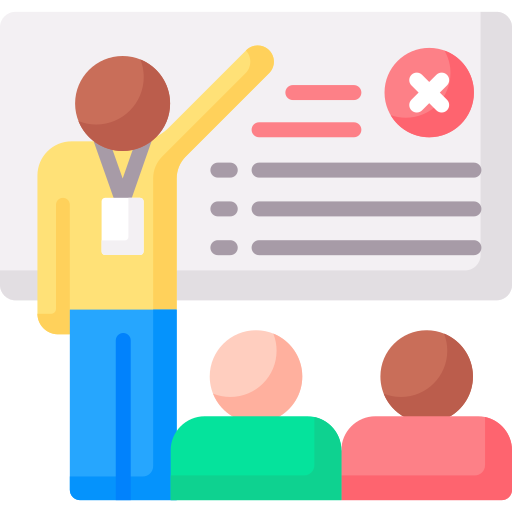
A project coordinator needs to update the project team on the status of various tasks. They prepare a brief project update email, highlighting progress, issues, and upcoming milestones in a clear and organized manner, making sure all team members are on the same page.
Level Up Your Research Skills

Record yourself presenting and watch it to evaluate how you could improve.
Watch people you consider good presenters and notice what makes them great.
Quiz
Sarah works as a marketing manager in a technology company. She's been asked to launch a new product in a highly competitive market. To create a successful marketing strategy, which research skill is most essential for Sarah to employ?
Sarah needs to know how to gather data and then identify patterns in that data to inform her path forward.
Did you know?
Do you find yourself wanting to be more persuasive? Check out this Byte on the 3 appeals of persuasion.
Take Action
This Byte has been authored by
Anita Damjanovic
Customer Education Specialist | Educator
PhD
